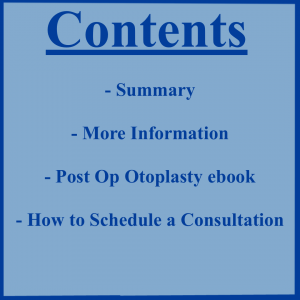
Summary
“Purpose (Indications)“
Protruding ears
“What It Does“
Reduces size of protruding ears and makes ears appear more natural if hair is short or pulled back
“Technique“
“Twilight” or general anesthesia
Incisions hidden behind ear in skin crease
Lasers used to reduce swelling and discomfort
Dissolvable sutures used
Turban-like dressing applied and then removed the following day
Excess skin is removed from behind ear and special sutures are used to remold the ear
“Recovery Time“
3-7 days, in most cases
“Recovery Instructions“
No lifting over 10 pounds or straining for 1-2 weeks
Sleep with head elevated for 2 weeks
Sleep with headband to protect ears for 4-6 weeks
“How Long It Lasts“
Usually permanent
“Ancillary Procedures Commonly Performed In Conjunction With Otoplasty“
Blepharoplasty
Facelift
Nasal surgery
More Information
Otoplasty is the name given to the procedure used to “pin back” or reposition protruding ears.
This deformity causes deeper emotional scarring than is generally realized by even the parents of friends of individuals who has this deformity. Because the visual and psychological improvement following the operation is usually dramatic, it is rewarding to the patient and the doctor.
In children the surgery is preferably done preschool, that is before the age of 6, to avoid classroom teasing, but it can be done any time later.
In younger children a general anesthetic is given (“twilight” anesthesia in adults); and the patient is usually discharged from the hospital 24 hours following surgery and remains ambulatory thereafter. There is virtually little pain after this type of surgery. In adults, otoplasty may be performed on an outpatient basis at our office or the hospital.
The thin scars resulting from the incisions are located behind each ear and are automatically hidden by them. It is rare for these scars to hypertrophy.
A turban-type bandage is worn about the head to cover the ears after surgery. After this is removed, the patient wears a cap or head ban pulled done over the ears while sleeping to protect them for another two weeks. Most patients may return to work or school in 5-7 days following surgery.
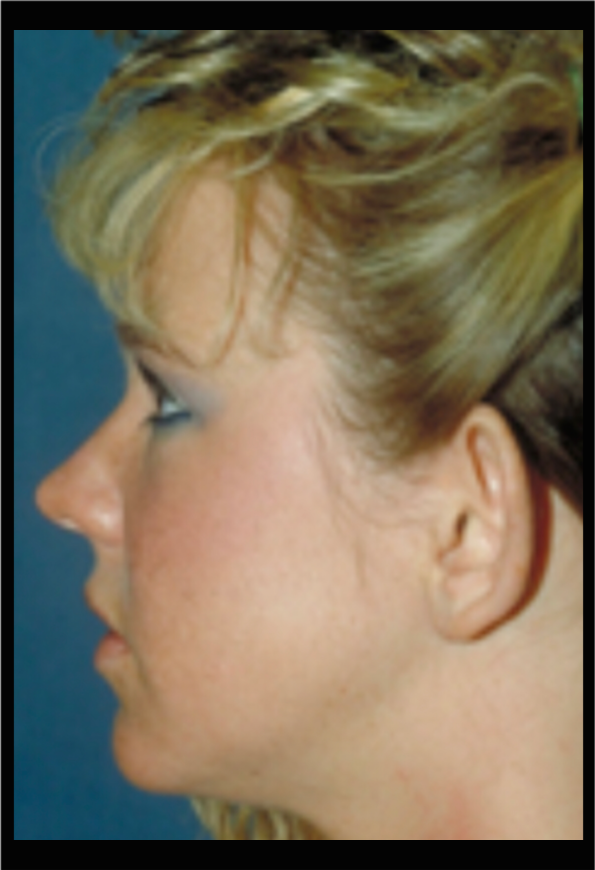
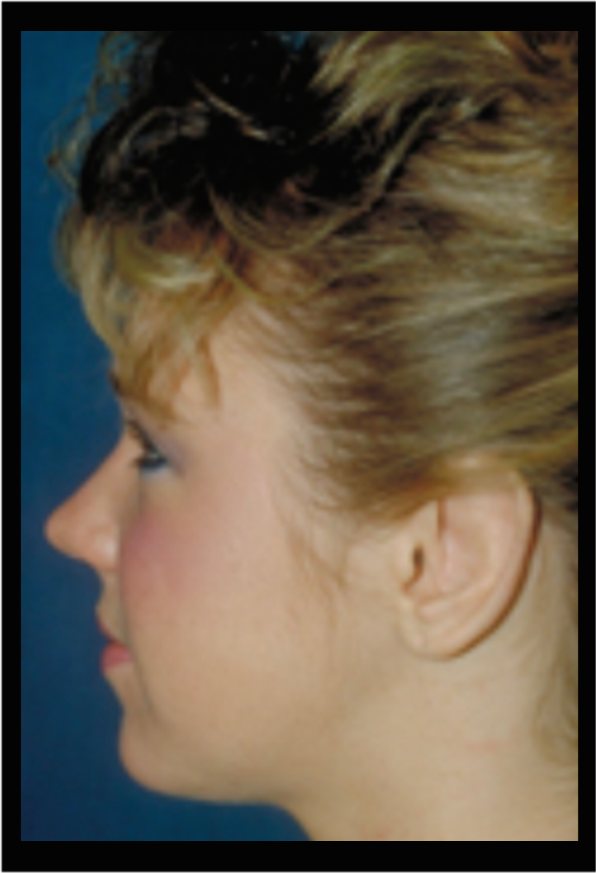
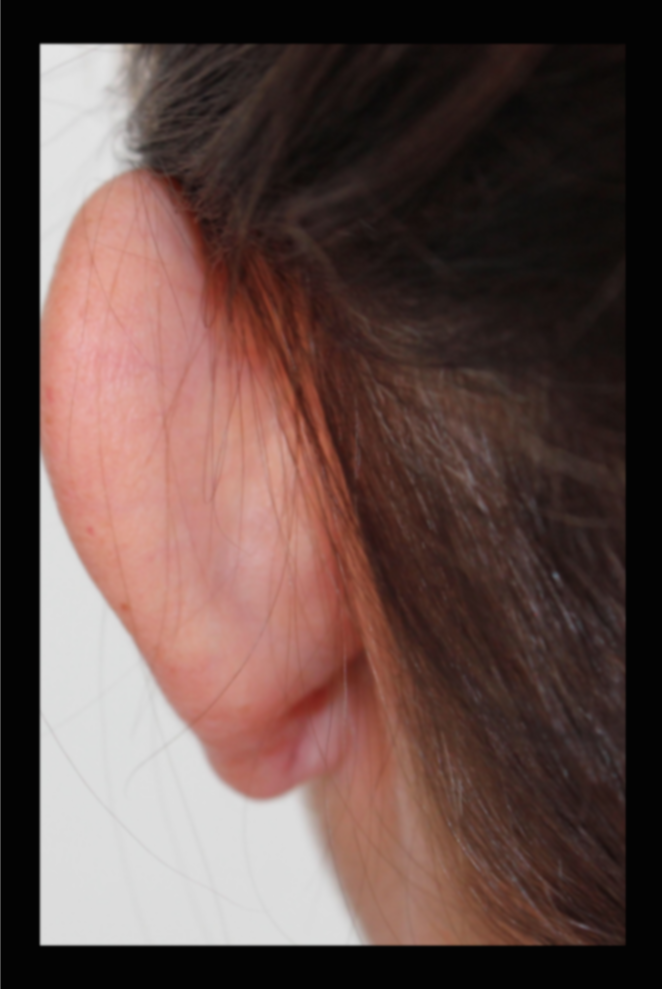
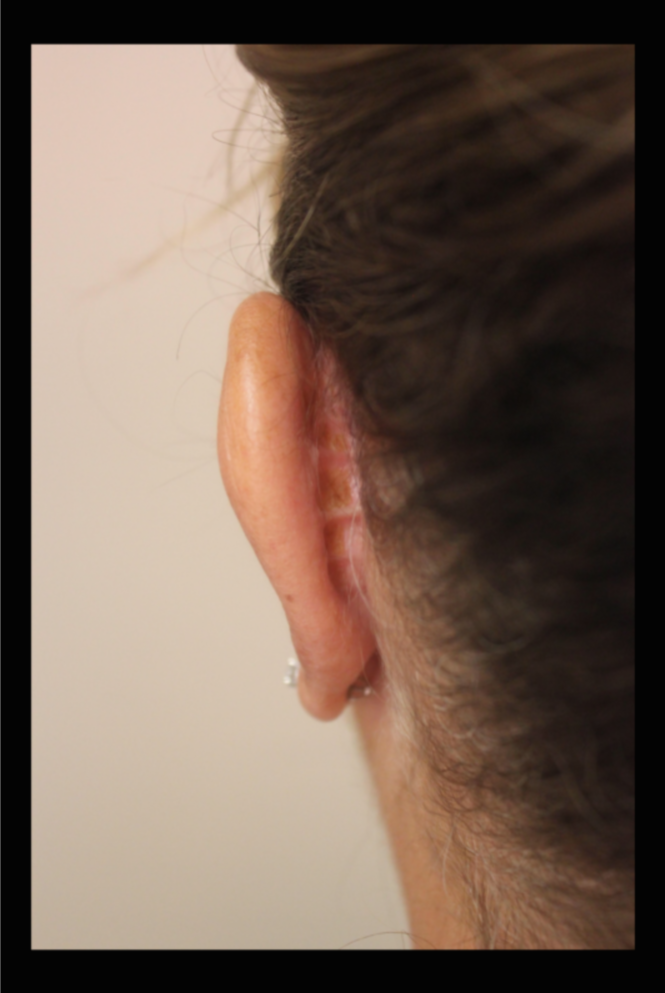
Post Operative Otoplasty Instructions
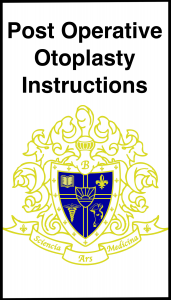
.
Schedule A Consultation Now!
Communication is not secure. Contacting the practice does not establish a physician/ patient relationship.*